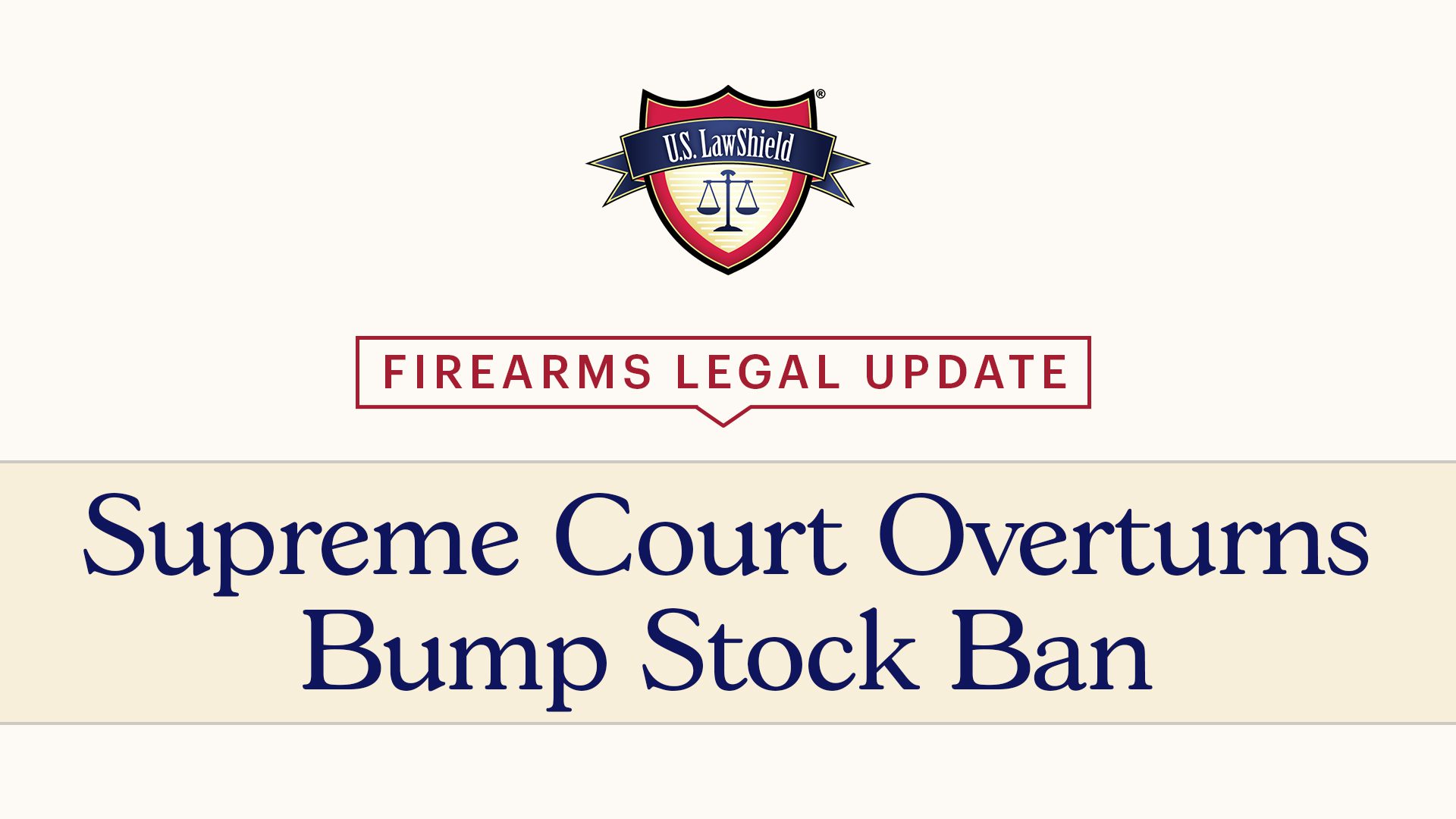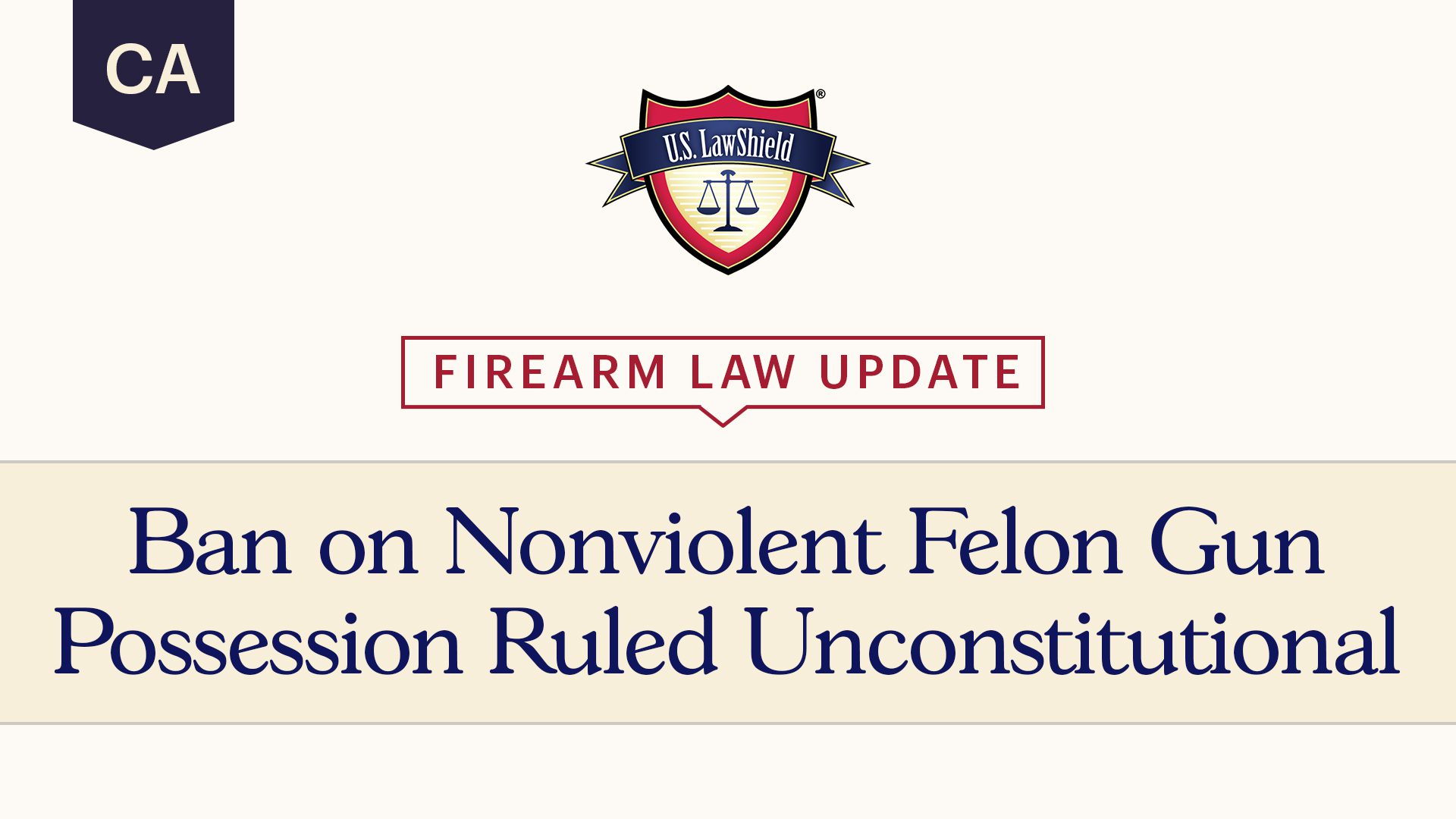Let’s address the issue of so-called “ghost guns” here in the State of South Carolina. There has been a debate raging throughout the United States about ghost guns over the past several years.
What Is a Ghost Gun?
First, let’s start with what a ghost gun is. A ghost gun is a firearm made by an individual, instead of a gun manufacturer, without serial numbers or other identifying markings.
That term is generally used by gun control advocates due to the nature of the gun itself. When someone makes their own gun out of readily available parts—which is legal at the federal level and at the state level in South Carolina—the owner essentially avoids both the registration requirement and the background check that is required when making a purchase of a firearm from a Federal Firearms Licensed dealer (“FFL”). Be aware, however, that neither South Carolina nor the Bureau of Alcohol, Tobacco, Firearms and Explosives (“ATF”) have a gun registry.
What Is the Receiver?
A receiver is the frame of the firearm and integrates other components by providing the housing for internal action parts such as the hammer, bolt or breechblock, firing pin, and extractor. It also is threaded so that other components may be attached such as the barrel, stock, trigger mechanism, and sights.
Purchasers may legally purchase receivers which are 80% or less finished and do not have a serial number. Any such receiver is not required to have a serial number under South Carolina or federal law. Further, there are now computer programs which allow for the creation of receivers through the use of a 3D printer.
South Carolina law does not address these so-called ghost guns. A recent check of pending legislation shows no mention of any legislation addressing ghost guns.
However, ghost guns would qualify as a “firearm” under the legal definition in South Carolina. The definition of “firearm” is a weapon which uses the energy of an explosive to fire a projectile through a fixed barrel.
Currently in the South Carolina Supreme Court
The only mention of ghost guns comes from a lawsuit brought by Attorney General Alan Wilson of South Carolina against the city of Columbia, which passed a city ordinance making the possession of such weapons illegal. In January of 2020, the South Carolina Attorney General sought a declaratory action by the South Carolina Supreme Court, declaring the city of Columbia’s ordinances invalid as a matter of law under South Carolina’s preemption powers, meaning that South Carolina law preempts regulation by counties, municipalities, or other political subdivisions. The Attorney General argued that S.C. Code Ann. § 23-31-510 reserves to our state legislature the power to regulate the transfer, ownership, possession, carrying, or transportation of firearms, ammunition, components of firearms, or any combination of these things. As of the date of filming this video, no decision has yet been made by the South Carolina Supreme Court.
As you can readily see, South Carolina is a state that is very friendly towards the Second Amendment rights of our citizens and visitors. If you have any question regarding ghost guns or any other firearm-related questions, please feel free to contact U.S. LawShield and ask to speak to your Independent Program Attorney.
The preceding should not be construed as legal advice nor the creation of an attorney-client relationship. This is not an endorsement or solicitation for any service. Your situation may be different, so please contact your attorney regarding your specific circumstances. Because the laws, judges, juries, and prosecutors vary from location to location, similar or even identical facts and circumstances to those described in this presentation may result in significantly different legal outcomes. This presentation is by no means a guarantee or promise of any particular legal outcome, positive, negative, or otherwise.





Leave A Comment